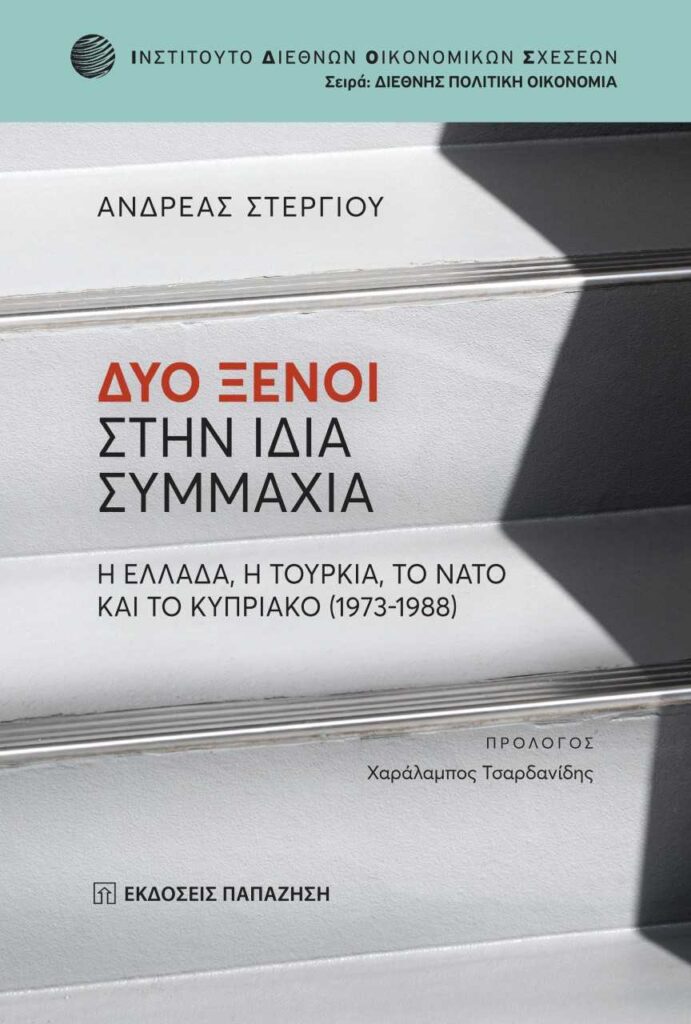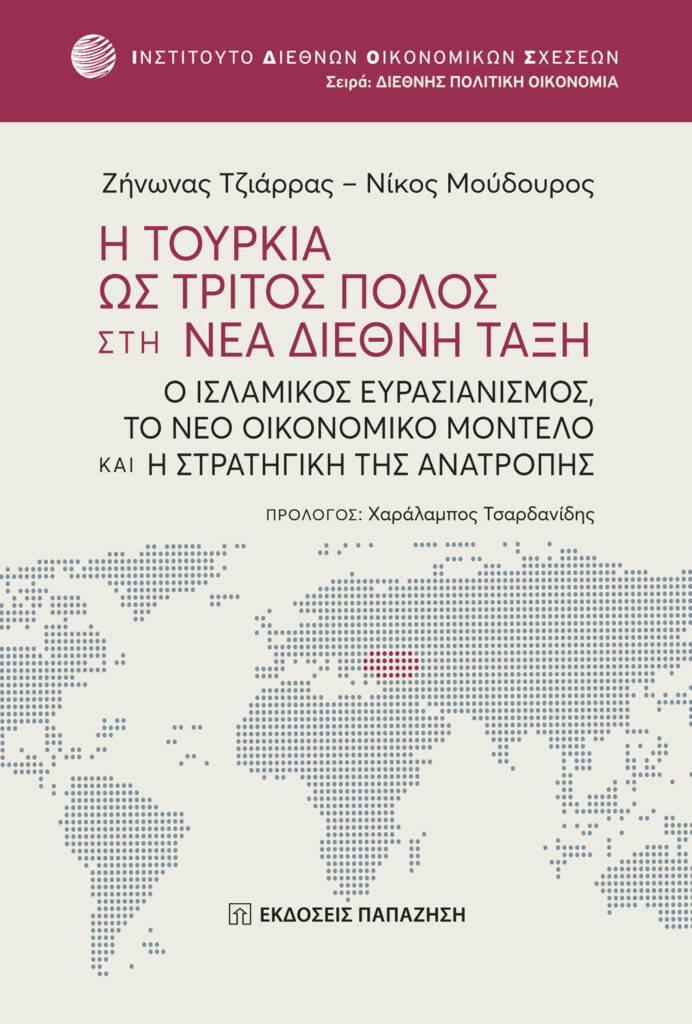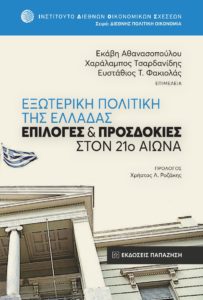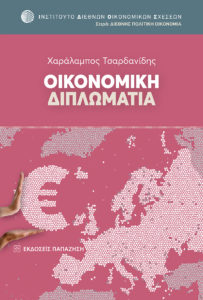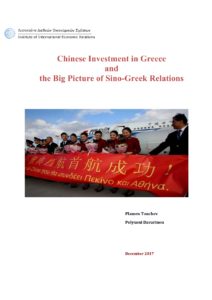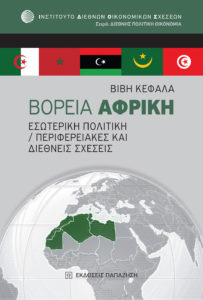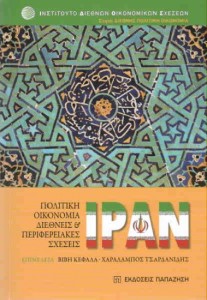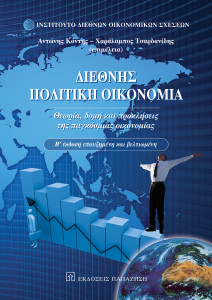Οn April 26, 2024, the 3rd Lecture of the IIER Distinguished Virtual Lecture Series took place with the title:
“100 Years of International Relations Feminism”
The IIER Distinguished Virtual Lecture Series is organized by the Research Program on the Theory and Practice of International Relations in the Institute of International Economic Relations (IIER) in Athens. We were extremely honored and excited to host a trailblazer in the field of International Relations, Judith Ann Tickner, Professor Emerita in the School of International Relations at the University of Southern California and Distinguished Professor in Residence at the School of International Service in American University in Washington, DC.Professor Tickner holds honorary degrees from Uppsala University in Sweden and Monash University in Australia. Her principal areas of research include international theory, peace and security, and feminist approaches to international relations. Her publications include among others the books: Gendering World Politics: Issues and Approaches in the Post-Cold War World (published in 2001) and A Feminist Voyage Through International Relations (published in 2014). She is a past President of the International Studies Association (ISA). The J. Ann Tickner Award by ISA was established in 2011 to recognize J. Ann Tickner for her pathbreaking role within ISA and in the discipline of International Relations more generally. She was also named as one of fifty key thinkers in Martin Griffiths, Fifty Key Thinkers in International Relations.
Professor Tickner began her lecture by referencing her 1997 article: “You Just Don’t Understand: Trouble Engagements Between Feminists and IR Theorists” (drawing upon Deborah Tannen’s 1990 book) in which she reconstructs some conversational encounters between feminists and IR theorists and offers some hypotheses as to why misunderstandings so frequently result from these encounters, with the primary thesis of her work being that contemporary feminist perspectives on international relations are based on ontologies and epistemologies that are quite different from those that inform the conventional discipline.
In her “infamous,” for theorists of realist orientation, 1988 book chapter: “A critique of Morgenthau’s Principles of Political Realism,” she presents an alternative feminist epistemology based on critical theory and post-positivism that challenges the six tenets of political realism and of the rationalist tradition in IR, as they are proposed by Hans Morgenthau.
Finally, her contributions to feminist security studies are well known with her relevant 1993 book: Gender in IR : Feminist Perspectives in Achieving Global Security and many relevant articles. She is one of the pioneers in advocating for an interpretivist and post-positivist epistemology in the study of peace and war in order to foster inclusivity and fully explore the relationship between abstractions and differences, especially around the concept of “power.”
Υou could watch the lecture here: https://www.youtube.com/watch?v=KBEsP1M7I1s


